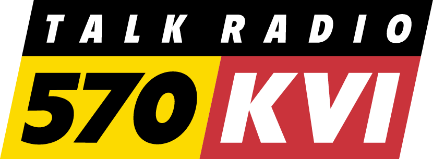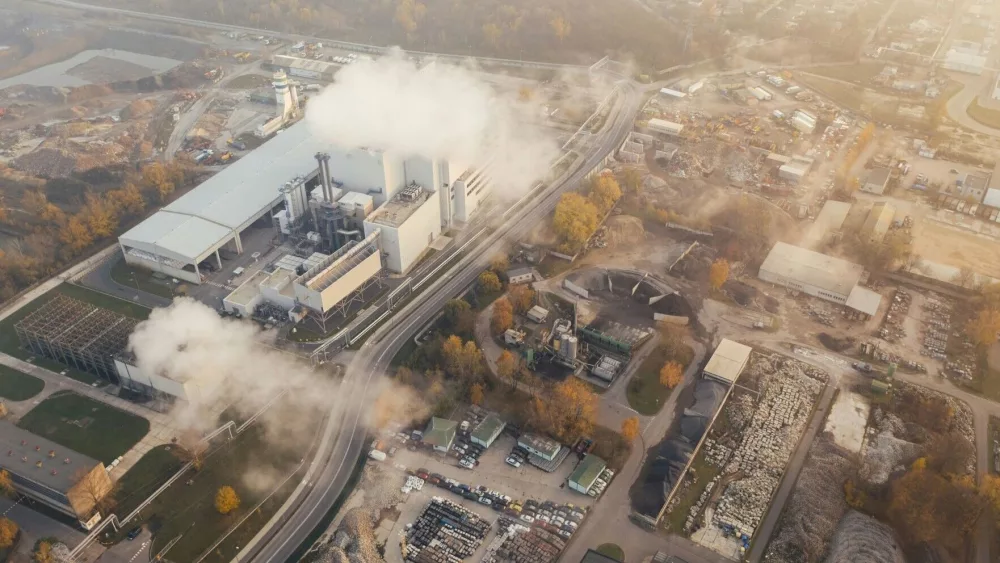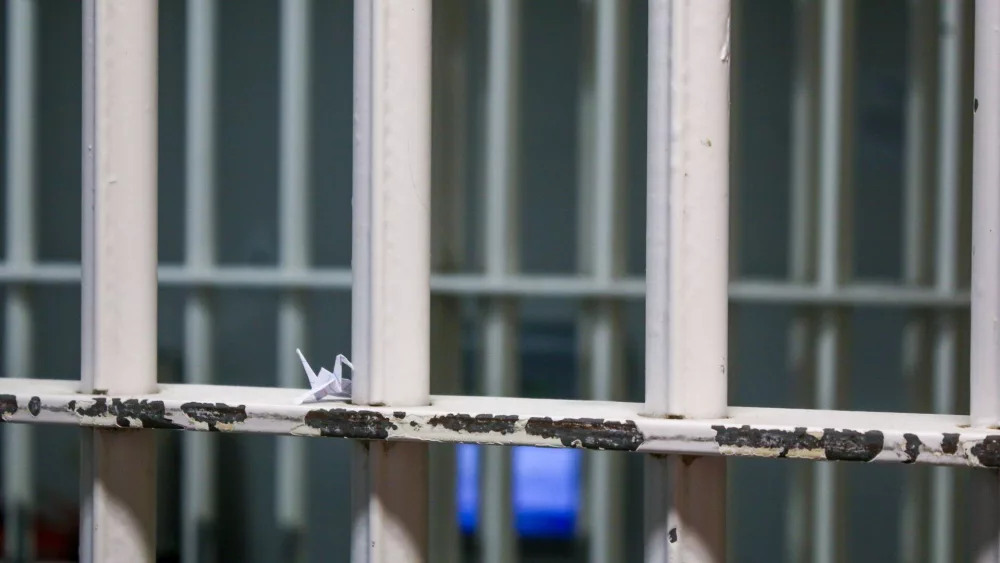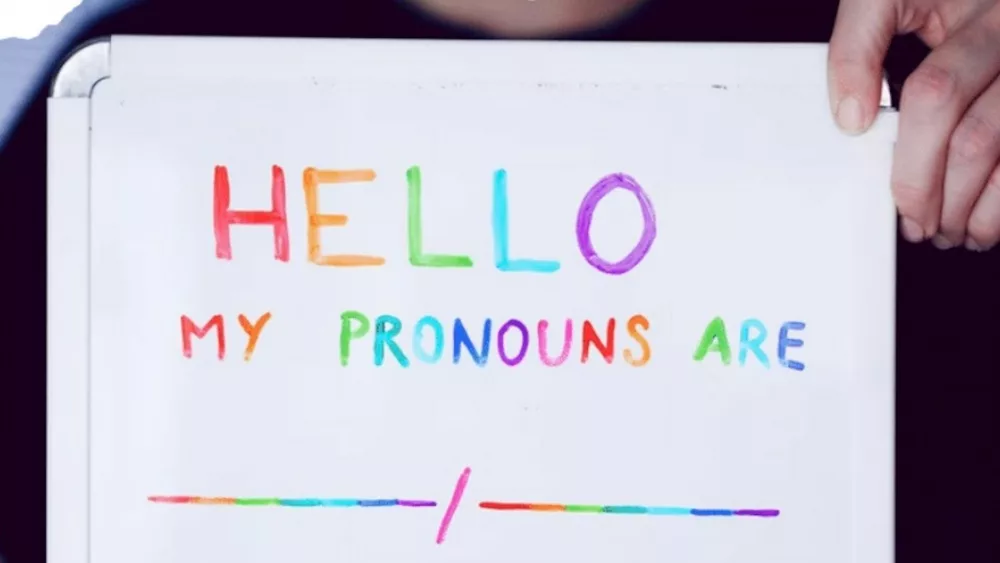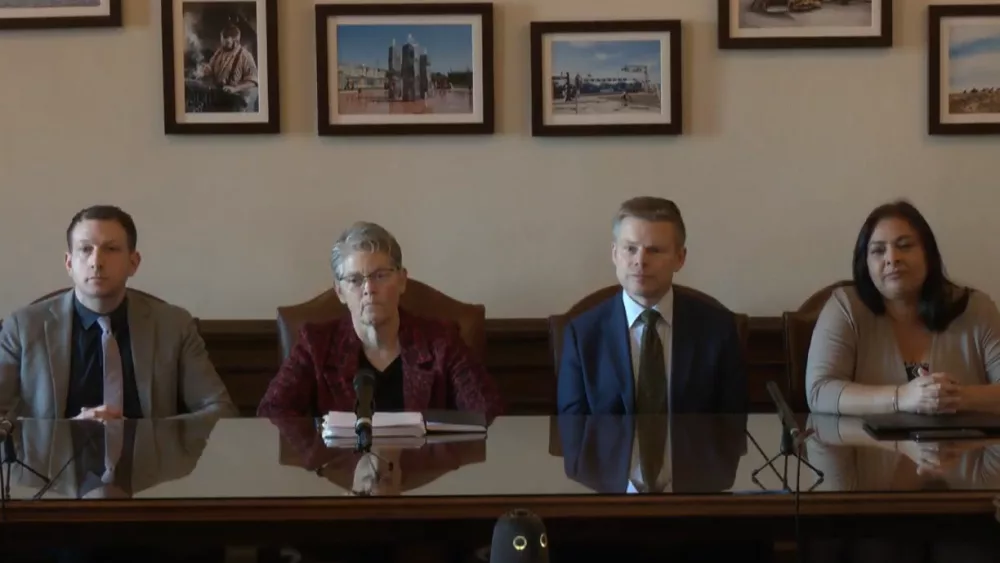(The Center Square) – The Seattle City Council has approved a memorandum of understanding [MOU] between the city and the Seattle Police Officers Guild, which seeks to change how nonviolent calls are handled.
The MOU codifies what type of nonviolent calls the new emergency responses would be activated for. Seattle’s newest public safety department, the Community Assisted Response and Engagement Department, also known as CARE, features behavioral health specialists with field experience and higher education credentials in behavioral health.
The agreement allows up to 24 employees to act as responders. According to Seattle City Councilmember Lisa Herbold, only seven responders have been hired.
The dual dispatch pilot program pairs CARE responders with Seattle police officers when the 911 Center answers an emergency call. When officers ensure the scene is safe, they can respond to other calls while the CARE team provides services.
City Councilmember Teresa Mosqueda voiced her concerns over allowing police officers to be in control of the decision making for allowing CARE team members to take over a response.
“I do want to ensure that the officer has the ability to show up when there is a crime in process, but I am very concerned about an officer holding the discretion to turn a call over to a crisis responder,” Mosqueda said in a city council meeting on Dec. 5. “That still puts the officer in control of whether or not an officer’s responding to a health-related crisis.”
The MOU also addresses office availability citywide through a special events staffing system. The system provides any officers who volunteer to work special events with a $225 per shift premium while allowing any unfilled positions to be staffed by employees that are not police officers, such as parking enforcement officers. This will go into effect from Jan. 2, 2024 – Jan. 2, 2026.
Currently, the Seattle Police Department fills vacant positions at special events through an officer draft system. According to a press release from Seattle officials, this negatively impacts officer morale, department planning and citywide staffing.
Special events in the city range from Seahawks, Mariners and Kraken games to smaller community-based festivities.
The cost for the payment of special event premiums each year is estimated to be $3.6 million or $8 million in total through 2026, according to the legislation.
Lastly, the proposed agreement would enable park rangers to serve in all city parks to improve public park safety. Currently, park rangers are limited to patrol parks in downtown Seattle.
The city recently expanded the park ranger program in order to hire 26 park rangers in 2023.
The MOU was passed by a 5-2 vote on Dec. 5.

